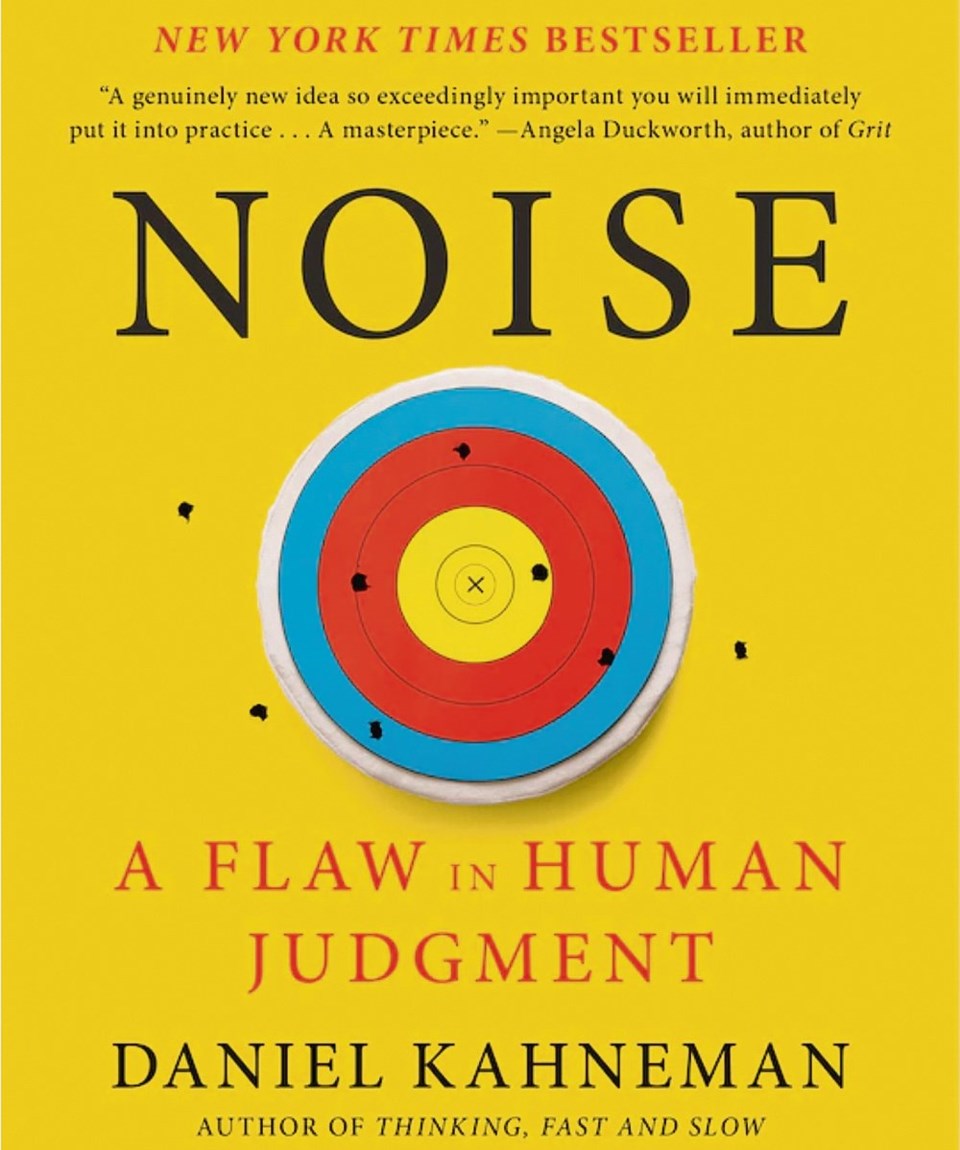WESTERN PRODUCER — Farmers don’t farm according to theory.
Their decisions are based upon a multitude of factors that are hard for anybody to separate, let alone devise an easily applied formula or theory. Little goes “according to Hoyle,” as the saying goes.
It’s wonderful that there are economists and analysts to provide theoretical tools, mathematical formulae and management frameworks by which farmers can assess what they’re doing. These are ways of holding up mirrors to see ourselves and our inner Dorian Gray.
A team of agricultural economists from Illinois and Missouri have done a fabulous job of looking at farmer decision-making when it comes to grain storage and sales. They examined the theory and formula that the team believes should apply in ideal circumstances, and also examined the actual behaviour of almost 3,000 commercial farmers in the eastern corn belt. (See story here.)
Their research highlights the impact of numerous factors that cause farmers not to store and move grain in an optimal way. Those factors include being cash-poor, tax-worried and otherwise occupied.
It reveals a farm community that is juggling many balls and can’t always focus on just one.
When ag economists look at farmer behaviour, they know they’re examining a complex creature. The best, like Terry Griffin of Kansas State University, are always burrowing into farmers’ minds to find out why they make the decisions they do. Unpackaging the complexities of decision-making for the real-live farmer produces a lot of fascinating work. For example, it explains why so many leaped into auto-steer but have avoided variable rate fertilizing. (It has to do with age and return horizons.)
That’s great work on the rational thinking side. But what about irrational thinking?
For that, we should all be sad about the passing of Daniel Kahneman, the Israeli psychologist who revolutionized the field of behavioural economics following the publication of his book, Thinking, Fast and Slow in 2011. (He had already won the 2002 Nobel prize for economics.)
Kahneman spent his career digging into how and why people make decisions, and the reasons why so many bad and avoidable decisions are made. He was a psychologist, but his greatest impact on the world is in economics, finance and management, where bad decision-making can lead to crisis.
Kahneman’s work has been embraced by every big bank, hedge fund and analytical firm you can imagine and has created an entirely new appreciation of risk management among those who control the world’s investment money. (One of my heroes, George Soros, has played a minor role in this area with his theory of “reflexivity” and other observations on the wacky way investors actually behave.)
For farmers looking to boost their management game, there’s probably no better place to start than by looking at the work of Kahneman and his collaborators.
Kahneman flags multiple mistakes by humans when making decisions, from the “anchoring effect” to “prejudgments” to “conclusion bias” to “base-rate neglect.” I’ll bet you would find yourself guilty of all three with some aspects of farm management if you checked out his work.
For the sake of this column, I picked up a copy of his 2021 work, Noise: A Flaw in Human Judgment, and I already see much of what I do in my own life that is rife with erroneous thinking. Why don’t you get a copy and see if it makes you re-examine something you’re doing?
Farmer decision-making is a nexus of competing imperatives. It will never be easy. Agricultural economists will never run out of justification for their work.
But there are critical errors we make every day in our decision-making that have nothing to do with balancing rational needs, and that’s something we can address almost immediately.
Daniel Kahneman died on March 27. Behavioural economics has just been born. Farming could be better with better-made decisions and fewer avoidable errors. You could be part of that improvement.




